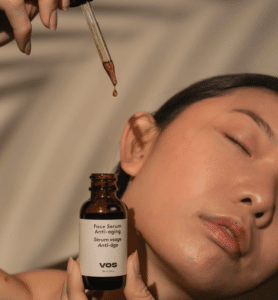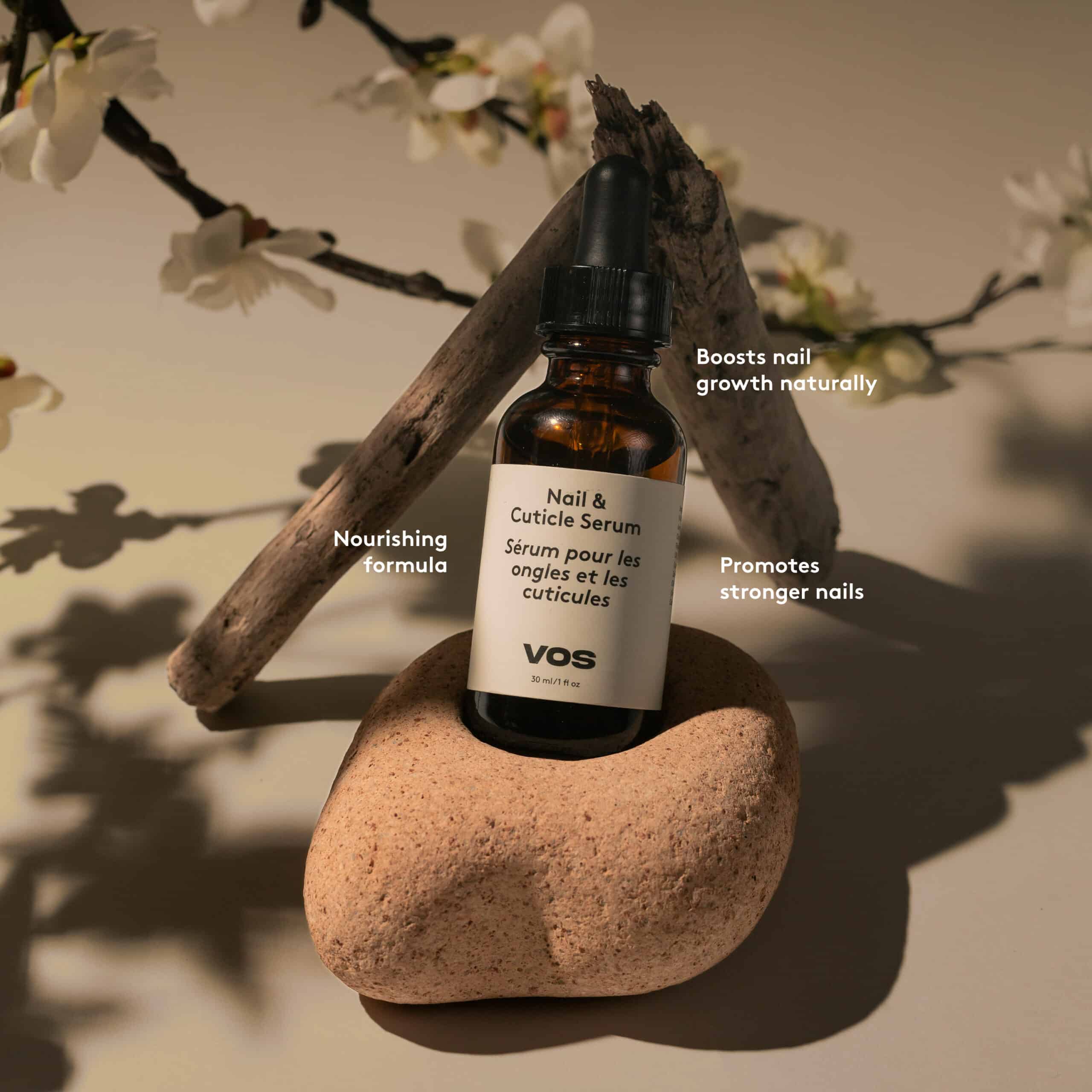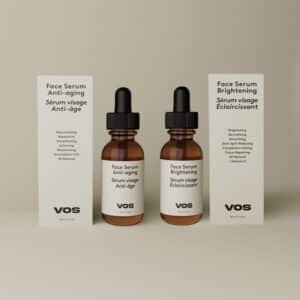Winter weather can take a toll on your skin, leading to dryness, flakiness, and increased signs of aging. Incorporating an anti-aging face serum into your skincare routine can help maintain hydration, improve skin elasticity, and reduce fine lines. In this guide, we explore the best serums to combat winter dryness and how to use them effectively.
How Winter Affects Your Skin
Cold temperatures, low humidity, and indoor heating strip moisture from the skin, making it more prone to irritation and premature aging. Using a powerful anti-aging face serum with hydrating and nourishing ingredients can help replenish lost moisture and protect the skin barrier.

Choosing the Right Anti-Aging Face Serum for Winter
Not all face serums work the same way. When selecting a serum for winter, look for key ingredients that provide deep hydration and enhance skin resilience.
Hydrating Ingredients to Look For
- Hyaluronic Acid: Attracts and retains moisture, keeping skin plump and hydrated.
- Glycerin: Helps draw water into the skin and prevent dehydration.
- Squalane: Mimics natural skin oils, ensuring long-lasting hydration.
Anti-Aging Ingredients for Winter Skincare
- Vitamin C: Brightens the complexion and provides antioxidant protection.
- Retinol: Stimulates collagen production, reducing fine lines and wrinkles.
- Peptides: Support skin repair and firmness, combating winter-induced sagging.
- Ceramides: Strengthen the skin barrier, preventing moisture loss.
Best Anti-Aging Face Serums for Winter
Here are some of the best serums to include in your winter skincare routine:
1. Hyaluronic Acid Serum
A hydrating serum enriched with hyaluronic acid helps retain moisture and prevents dryness. Use it after cleansing and before moisturizing for optimal hydration.
2. Vitamin C Serum
This antioxidant-rich serum protects against environmental stressors and brightens dull winter skin. Apply it in the morning for maximum effectiveness.
3. Retinol Serum
A retinol-based serum can help combat signs of aging, but it should be used sparingly in winter to avoid excessive dryness. Always follow with a moisturizer.
4. Peptide Serum
Peptide serums support collagen production and skin elasticity, making them a great addition to a winter skincare routine.
5. Squalane-Based Serum
Squalane is an excellent choice for deeply nourishing the skin without clogging pores. It provides essential moisture and keeps skin supple.
How to Add a Serum to Your Winter Skincare Routine
A well-structured skincare routine ensures your serum works effectively. Follow these steps:
Step 1: Cleanse Gently
Use a mild, hydrating cleanser to remove impurities without stripping natural oils.
Step 2: Apply a Hydrating Toner
A toner with hydrating ingredients preps the skin for serum absorption.
Step 3: Use Your Serum
Apply a few drops of your chosen anti-aging serum and gently pat it into your skin.
Step 4: Lock in Moisture
Follow up with a rich moisturizer to seal in hydration and protect against winter dryness.
Step 5: Don’t Skip Sunscreen
Even in winter, UV rays can damage the skin. Use a broad-spectrum sunscreen to prevent premature aging.
Additional Tips for Healthy Winter Skin
- Use a Humidifier: Helps maintain indoor moisture levels and prevents excessive dryness.
- Drink Enough Water: Staying hydrated benefits your skin from within.
- Avoid Hot Showers: Hot water can strip the skin of essential oils, making it drier.
Conclusion
A well-chosen anti-aging face serum can help combat winter dryness and maintain youthful, glowing skin. By incorporating the right serum into your skincare routine and following proper application steps, you can keep your skin hydrated and protected throughout the season.


